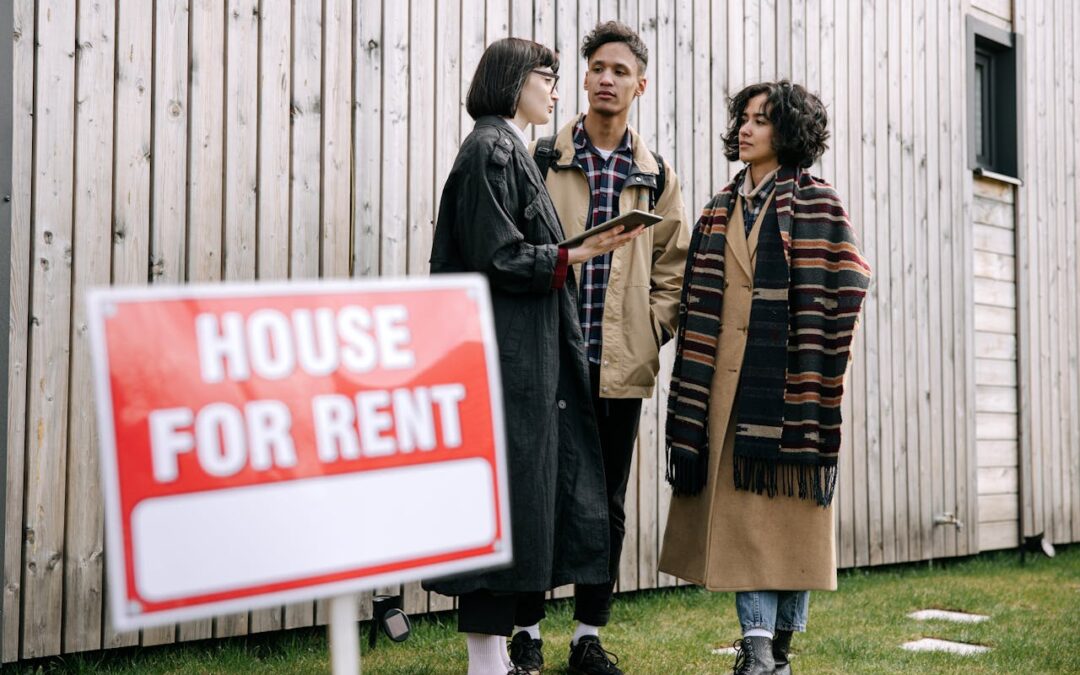Renting your first apartment is a huge milestone—but it can also feel a little overwhelming. With so many terms, fees, and decisions involved, it’s easy to miss something important if you’ve never done it before.
If you’re a first-time renter, this guide breaks down everything you need to know to avoid surprises, stay protected, and move in with confidence.
🏠 1. Know What You Can Afford
Before you even start apartment hunting, set a realistic budget. A common rule of thumb is to spend no more than 30% of your monthly income on rent—but also account for:
-
Utilities (electricity, water, gas)
-
Internet and cable
-
Renter’s insurance
-
Move-in costs (like security deposits, application fees, and first/last month’s rent)
💡 Pro Tip: Use a rent calculator to get a clear picture of what’s affordable in your area.
📝 2. Understand What You’re Signing
Leases are legal contracts, and reading the fine print is key. Look for:
-
Lease term (how long you’re committing to)
-
Monthly rent and due date
-
Security deposit terms
-
Rules about pets, guests, noise, and maintenance
-
What happens if you break the lease early
📌 Ask questions before signing! If something doesn’t make sense, the landlord should be willing to explain.
🔍 3. Tour the Unit (and Check Everything)
Before agreeing to rent, always see the unit in person if possible—or have someone you trust view it.
During your tour, check:
-
Water pressure and plumbing
-
Lights and electrical outlets
-
Appliances (stove, fridge, heater/AC)
-
Windows and locks
-
Signs of pests, mold, or damage
Take pictures and note anything that seems off.
💳 4. Get Your Documents Ready
Landlords will typically require:
-
Proof of income (pay stubs or offer letter)
-
Credit report or score
-
Photo ID
-
Rental history or references (if any)
If you have no credit or rental history, you might need a co-signer (like a parent or guardian) who agrees to take financial responsibility if you can’t pay.
🛡️ 5. Consider Renter’s Insurance
Even if your landlord doesn’t require it, renter’s insurance is a smart move. It covers your belongings in case of fire, theft, or water damage—and it’s usually very affordable (around $10–$20/month).
🛠️ 6. Know Who Handles Repairs
Ask who to contact for maintenance and how quickly they respond. Good landlords handle repairs promptly, while bad ones ignore issues.
🔧 Tip: When you move in, do a walkthrough with your landlord or property manager and complete a move-in condition checklist. This protects your security deposit when you move out.
🚚 7. Plan Your Move Strategically
Once you’ve signed your lease:
-
Confirm your move-in date
-
Schedule any time off work or school
-
Arrange a moving truck or help from friends
-
Set up utilities and internet in advance
🏷️ Bonus tip: Start packing early and label boxes by room to make unpacking easier.
📅 8. Stay Organized After Move-In
Once you’re in your new place:
-
Set up auto-pay for rent (if possible)
-
Keep copies of your lease and all payment receipts
-
Know when your lease ends and how to renew or move out
Staying organized can save you stress later—especially when it’s time to move again or request your security deposit back.
🎉 Final Thoughts
Being a first-time renter comes with a learning curve, but it’s also a big step toward independence. Take your time, ask questions, and don’t be afraid to advocate for yourself.
With a little planning and the right information, you’ll be ready to find a place you love—and feel totally at home in it.

